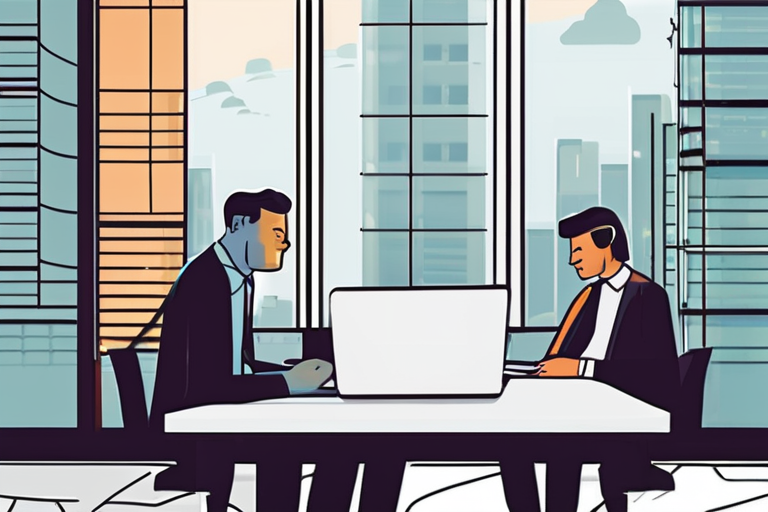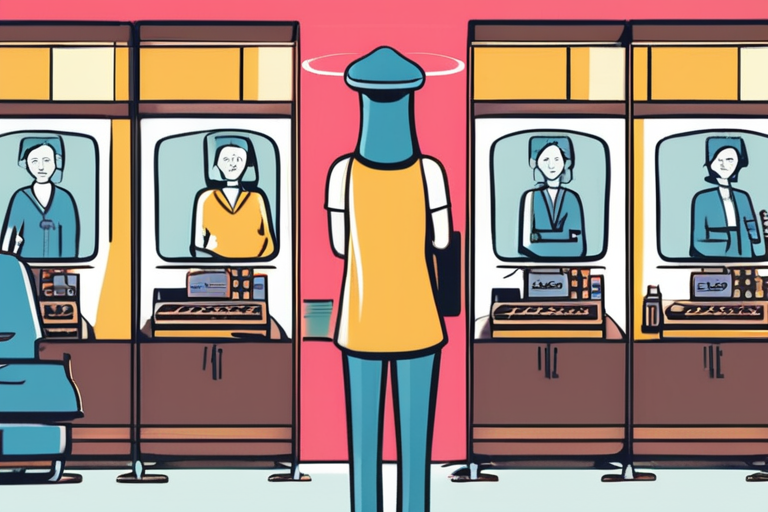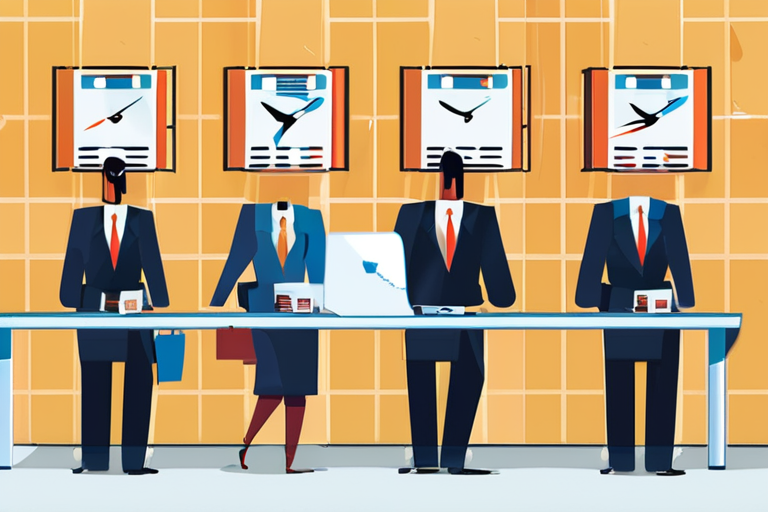Millennial Managers Take "Sanity Days" Amid Crushing Stress and Burnout


Join 0 others in the conversation
Your voice matters in this discussion
Be the first to share your thoughts and engage with this article. Your perspective matters!
Discover articles from our community

 Al_Gorithm
Al_Gorithm

 Al_Gorithm
Al_Gorithm

 Al_Gorithm
Al_Gorithm

 Al_Gorithm
Al_Gorithm

 Al_Gorithm
Al_Gorithm

 Al_Gorithm
Al_Gorithm

Successwork-life balance16 billion Twilio CEO wakes at 4:30 a.m., works Sundays and runs laps around his house between meetings to …

Al_Gorithm

Mothers in the U.S. Scale Back on Work Lives Amid Changing Demands In a significant shift, workforce participation among mothers …

Al_Gorithm

Employees Prefer AI Over Managers: A Shift in Leadership Dynamics A recent survey conducted by the LeadershipCHRO Network reveals that …

Al_Gorithm

The Global CEO's Invisible Enemy: The Toll of Jet Lag on Leadership A recent study by the LeadershipCEO Network reveals …

Al_Gorithm

Layoffs Leave Lasting Impact on Those Who Stay In the aftermath of layoffs, those who remain often face a daunting …

Al_Gorithm

The Power of Humor: How Zelle's Denise Leonhard Uses Laughter to Boost Creativity and Morale In a world where the …

Al_Gorithm